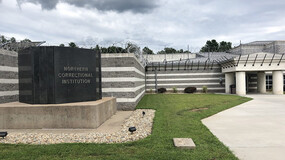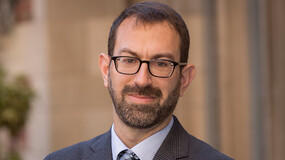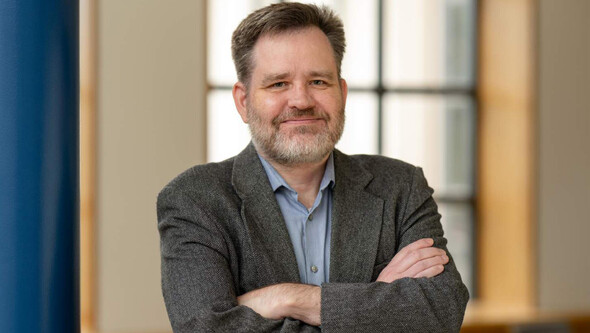
Tackling Human Rights at Home and Across the Globe
An in-depth look at the work of the Orville H. Schell Center for International Human Rights — a hub for human rights activities at Yale Law School and a home for students preparing for human rights careers. Photo courtesy Kelan Lyons/CT Mirror

Steven Levitsky to Deliver Jorde Symposium Lecture on Feb. 21
Steven Levitsky, Professor of Government at Harvard University, will give the 2022 Brennan Center Jorde Symposium Lecture on Feb. 21, 2022, at 4:00 p.m.

Professor Moyn Delivers Carlyle Lectures at Oxford
Henry R. Luce Professor of Jurisprudence Samuel Moyn delivers a series of six lectures at the University of Oxford this term as part of its annual Carlyle Lectures in the History of Political Thought series.

Seminar Explores Private Law and Public Justice
"Private Orderings and Public Justice" will explore how private law and the private arrangements that it enables and facilitates may promote or hamper public justice goals.

LEAP Announces Animal Legal Theory Speaker Series
The Law, Ethics & Animals Program spring 2022 speaker series examines how the legal system fails animals and how it can be made better.

Frankie Hedgepeth ’22 Awarded E. Barrett Prettyman Fellowship
Frankie Hedgepeth ’22 has been named one of three recipients of the E. Barrett Prettyman Fellowship Program. The program provides two years of academic and practical experience in courtroom advocacy.

ISP Launches Digital Public Sphere White Paper Series
The Information Society Project (ISP) announced the launch of its Digital Public Sphere White Paper Series, which will explore critical issues related to technology and the public sphere, and the effects of digital platforms on democracy and information governance.

Report: Computers Make Critical Decisions for CT Agencies; How That Works is Kept Secret
A new report released by the Media Freedom and Information Access Clinic shows how three Connecticut state agencies use algorithms to make life-changing public policy decisions. However, those agencies have not disclosed how the algorithms work despite repeated requests for information, leading researchers to conclude that the state’s open-records laws are insufficient.




